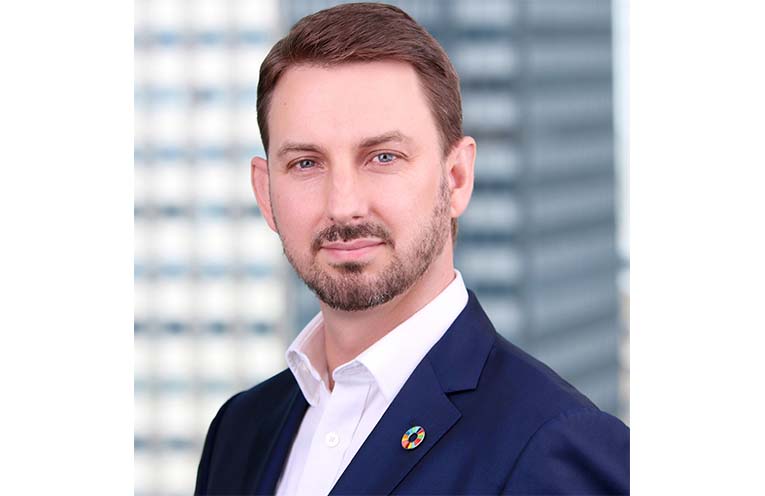MODERN slavery was in the national news last week with a Melbourne couple appearing in court accused of keeping a person in domestic servitude.
Most people think of slavery as something from the past, but, according to Dr James Cockayne, the first full-time, independent Anti-slavery Commissioner in Australia, it still exists.
His role was established by the Modern Slavery Act 2018 (NSW) and includes advocating for and promoting action to combat modern slavery, identifying and providing assistance and support for victims of modern slavery, support to and oversight of NSW public procurement efforts to remove products of modern slavery from supply-chains, issuing codes of practice and maintaining a public register related to efforts to address modern slavery risks in supply-chains and raising community awareness of modern slavery.
Dr Cockayne made his third visit to the Coffs Coast last week, and met with a range of people to discuss modern slavery issues.
He said that the Coffs Coast is one of a number of places of interest in New South Wales, not only because of concerns with agricultural workers but also because of migrant communities with historical issues related to modern slavery.
Forced marriage might be slavery as could the use of international labour with the possibility of forced labour, wage theft and physical and sexual assault.
“Modern slavery involves exploiting vulnerable people and there are a range of reasons why people might be vulnerable,” Dr Cockayne said.
His office does not have enforcement powers, but has mandatory information gathering powers and can refer victims, and follow up.
He has already assisted victims of modern slavery and helped them get the assistance they need.
However, he said a large part of his work is in the area of procurement.
NSW Government agencies and local councils are required to take reasonable steps to ensure that the goods and services they procure are not the product of modern slavery and Dr Cockayne is currently working with 400 entities across NSW to help them meet their obligations to procure resources not produced from slavery.
An example he gives is cleaning services, which have an element of risk because labour hire companies could be better regulated in NSW and some cleaners might be in debt bondage, with the people whose premises they clean being completely unaware.
Because he can report directly to Parliament, Dr Cockayne also has a role in policy development.
He pointed out that the most powerful weapon against modern slavery is to raise awareness that there is now somewhere for people to share information if they suspect that someone is being ill-treated.
“The role is incredibly energising because we have the opportunity to help people,” Dr Cockayne said.
His office can be contacted by emailing antislavery@justice.nsw.gov.au
By Andrew VIVIAN
